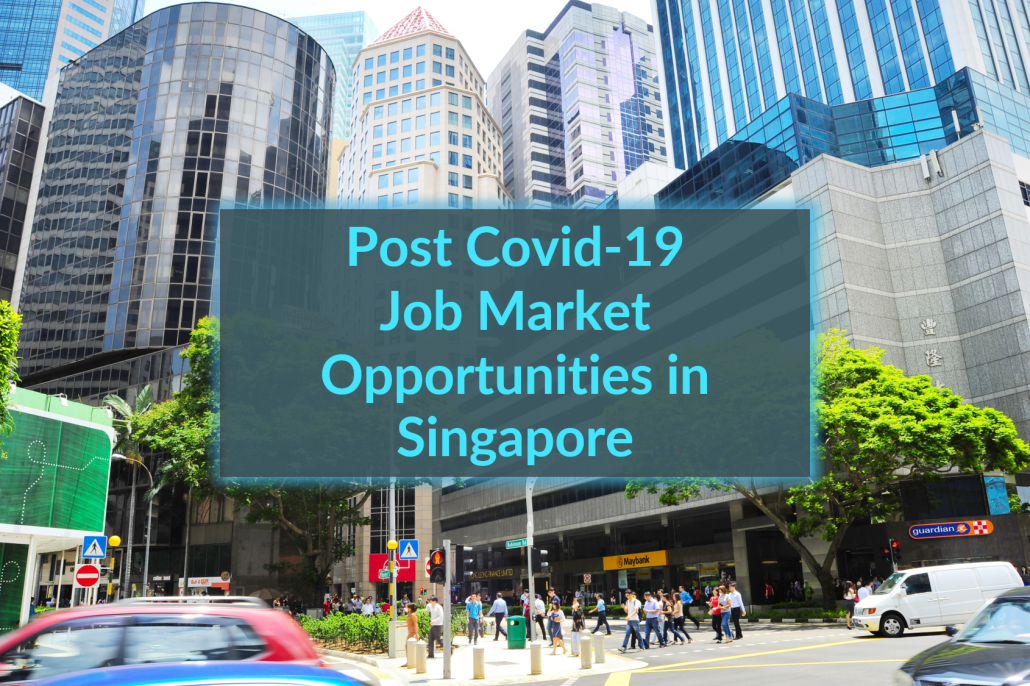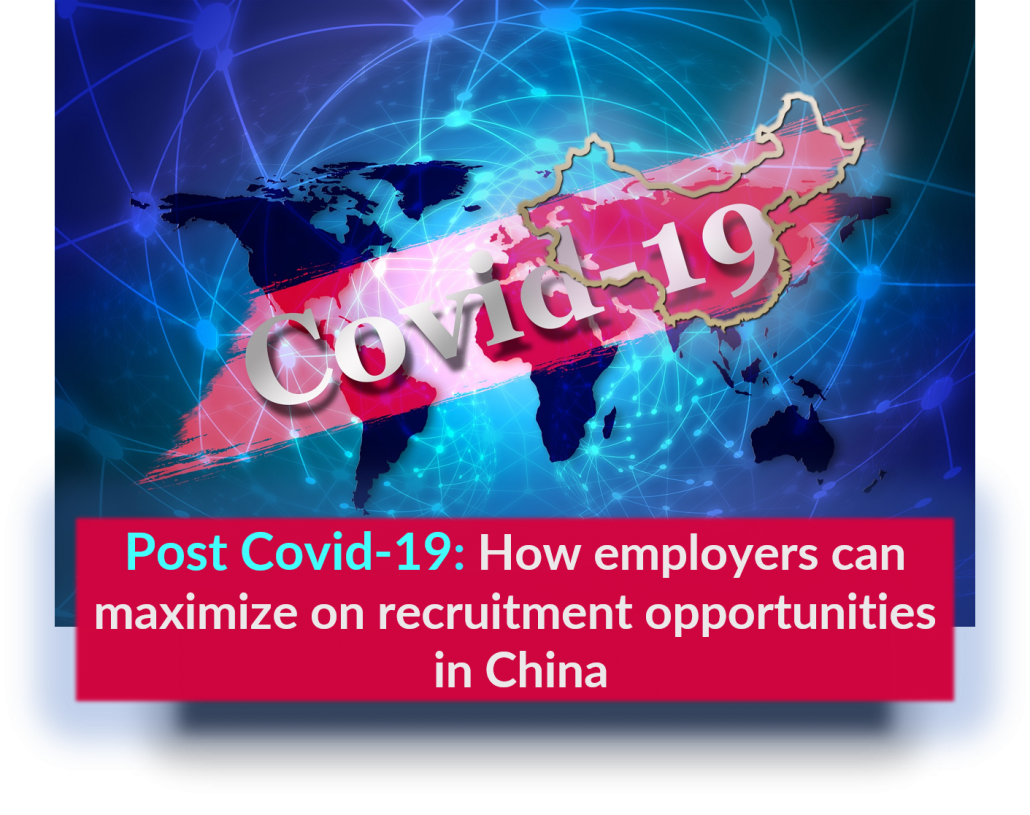WiseNetAsia Knowledge Center
Copyright © 2020 WiseNet Asia Pte Ltd. All Rights Reserved
With the ongoing pandemic, overdue trade debts and debt defaults have been increasing for many companies. Bad debts can negatively affect a company’s cash flow, and deters possibilities of recovery and growth.
It is very stressful for company leaders and their colleagues managing account receivables. On time payments are lifelines to stay in business. What can companies do to get out of such situation? How do you get your customers to pay up their debt and still maintain a good working relationship? Not to worry, as we shall reveal practical ways to get your company out from bad trade debts.
How to avoid delays in debt collection
Charge specific interest on late accounts
The first thing to do when dealing with customers buying on credit is to discourage late payments. You might decide to charge an agreed interest on the debt if the payment is delayed beyond a particular time frame. Debtors would want to avoid paying more interest and hence pay on time within the stipulated credit window.
Make sure that debts and loans are guaranteed
If the debt amount is very high, the creditor company should have someone to stand as a third party guarantor before issuing out credit or loans. The guarantor should also sign an agreement to pay up the loan if the debtor defaults on payment. Some companies give out credits to customers based on trust, but having the debts guaranteed may help retrieve debts.
Be flexible with repayment plans.
One way to encourage your clients to pay off their debt in time is to encourage them to choose a repayment plan that is suitable for them and also something you can accommodate. You can offer them about two or three repayment options that allow them to pick the most convenient one.
Have an understanding of what the law says about collecting debt
Different laws guide the process of debt collection. The Singapore debt repayment scheme highlights the necessary requirements to enforce debt repayment and also gives a clear rule on debt forfeiture after a six-year window.
Set a deadline
Ensure that you set a particular date as a deadline for debt repayment. Every debt should have a time frame for repayment, and both parties should agree with the said repayment date before debts are given out to a customer.
Send reminders to your debtors
When the agreed repayment date has passed, you should send a reminder to your debtors, reminding them of their payment obligation. There might be a need for you to send several reminders and change your language’s tone, depending on their response. You can be stern but still polite when sending reminders.
Call your debtors at the appropriate time.
You can call your debtor company’s person in charged to demand payments if you do have access to their phone numbers, which of course, you are supposed to have. However, it is advisable to call at the appropriate time and leave a voice message if you can’t reach the customer.
Be civil with your attitude
Avoid being nasty and rude to your debtors because that is unprofessional to act that way when collecting debts. You do not have to take things personally. Endure that you appeal with your debtors to pay up, and if your appeals do not yield any positive results, you might have to get your lawyer involved.
Offer a deal to your debtors
You can make use of a carrot-stick type of approach to collect debts from customers. Offer a deal to your debtors that might encourage them to pay off their debts quickly. You can offer them an incentive or a waiver by a certain percentage if they can commit to paying off their debt before a particular date.
Accept installments
Accepting installments is one of the ways to get your customers to pay their debt. Debtors experiencing financial difficulties might see this as an easier way of getting to pay off their debt. The number of installments should be agreed upon by both parties.
Be persistent but try to be patient
While there is a need for you to be persistent with collecting debts, you also have to exercise patience in dealing with debtors. There are reasons why debtor companies might not be able to fulfill their financial obligations. You might want to exercise more patience with a debtor until you are sure that the company you may be dealing with is an unrepentant and a chronic debtor.
Hire a professional debt collection consultant
A professional debt collection consultant has relevant knowledge and experience in dealing with debtors and can help your debtors pay up their debts. Hiring a professional debt collection consultant might spare you the stress of getting involved in the debt collection process. However, most debt collection consultants charge a particular percentage of the debt as payment for their services.
Accept assets as a cash replacement
You might choose to accept assets of similar value as cash replacement when offered by a debtor. A debtor might not have the cash to pay but might have an asset of similar value to offer you. Although most debtors might not be willing to initiate this repayment approach, you might let them know that you can accept cash replacement assets if provided.
Last Resort – Legal Action
When all the above debt collection strategies fail to yield any positive result, you may have to consider filing a lawsuit. However, this will be the last option as that will mean an end to any future business dealings and if the case stretch over a lengthy period, legal charges may eventually cost more than the debts.

Bad debts can negatively affect a company’s cash flow and deters recovery and growth
Mistakes to avoid when negotiating with debtors
Before negotiating installments with your debtor, here are some mistakes you have to avoid; otherwise, you might end up being negatively affected:
- Not having a written agreement with your debtor
Before agreeing with your debtor on paying by installment, it is best to have some form of a written agreement with your debtor. Provide a letter that states the original debt amount, the agreed installment amount, and the due date for each installment.
- Failure to consider inflation and other market factors
The money owed you some time ago may be lower in value to the same amount currently. Factors such as an increase in inflation may be responsible for this. Also, the cost of such goods or services might have increased over time, these factors should be taken into consideration, and it is good to spell out to your debtor the consequences of extending repayment time.
- Avoid installments that overstretch
Some creditors allow debtors to unnecessarily overstretch installments, which may make the repayment amount meaningless. It is best to agree on a repayment sum that is meaningful to you as a creditor and also convenient to the debtor.
Pre-litigation strategies to enhance claims and reduce litigation cost
A creditor must find out the financial health of a debtor before offering goods or services. Here are some pre-litigation strategies that you can use to enhance your claims and to reduce litigation costs.
- Have clear agreement terms
A company needs to outline the terms of the agreement. The payment terms should also be spelled out, and your invoice should contain the exact number of days allowable for repayment by a customer.
- Have a legally binding agreement
Apart from providing clear agreement terms, you have to ensure that your agreement is legally binding on your debtor. You can do this by providing keeping written records of the agreement through emails or via a form on your website where the creditor has to tick a box to confirm the agreement.
- Review terms and conditions for payment before you agree to it
Ensure that you carefully review all the terms and contractual agreements, including late payment, administrative fees, percentages, and your ability to cancel or suspend your goods/services provided in a case of non-payment or late payment.
- Consider full or part payment before delivering goods or providing services
You might want to consider requesting full or part-time payment before going ahead to make your goods or service available to a customer. Another thing you can do is to ensure that the last installment is completed before you complete your end of the deal.
How to avoid the legal time-lapse of the debt collection window
As a creditor, you should understand that debts do not last forever. Every debt, according to the law, has an expiration window. This means that if a company fails to collect its debt within this period, the company will have to forfeit its debt. In Singapore, the statute recognizes a six-year debt collection window. If a creditor fails to take legal action against a debtor’s failure to repay the debt before its expiration, the creditor has to forfeit the said amount.
Important terms and conditions of sale and service according to the laws of Singapore
Both parties must understand the terms of a contract subject to the non-exclusive jurisdiction of the courts in Singapore. According to the laws of Singapore, the standard conditions and terms of sale and services are divided into the following category.
The term buyer is appropriately interpreted in this section to mean one who accepts a quotation (Buyer)
The basis of sale highlights the written agreement between a buyer and a seller that is binding on both parties.
- Specifications and orders
The order and specification section discusses all issues that have to do with quality, quantity, damages, goods specifications.
Everything that pertains to the price of goods, including quotations, Goods, and Service Tasks, and price increase where applicable, is highlighted in this section.
The terms of payment are spelled out in this section. Issues such as interest rate, payment method, contract cancellation, payment duration, etc. are discussed under the terms of the payment section.
The delivery section highlights the mode of delivery, delivery dates, where the goods are to be received, and conditions or clause when goods are to be delivered in installments.
The risk of damage of goods during delivery to a buyer is well spelled out under this category.
Subject to the risk of damage to goods, a buyer and seller agree on the warranty for goods, the warranty period, and both parties’ liability towards warranty on goods.






























 Change is the only constant in China. This is rule number one when thinking to enter or do business with this market. But in the year 2020 change got renamed into COVID 19. No matter how big or small you are, you could not but surrender to the traumatic experience of doing business in the world of the pandemic. Markets shivered, stock exchanges stood in shock and the job market stared in fear. It was time for another change.
Change is the only constant in China. This is rule number one when thinking to enter or do business with this market. But in the year 2020 change got renamed into COVID 19. No matter how big or small you are, you could not but surrender to the traumatic experience of doing business in the world of the pandemic. Markets shivered, stock exchanges stood in shock and the job market stared in fear. It was time for another change.






